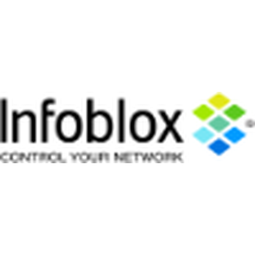Case Studies.
Add Case Study
Our Case Study database tracks 18,927 case studies in the global enterprise technology ecosystem.
Filters allow you to explore case studies quickly and efficiently.
Download Excel
Filters
-
(1)
- (1)
-
(1)
- (1)
-
(1)
- (1)
-
(1)
- (1)
- (1)
- (1)
- (1)
- (1)
- (1)
- (1)
- (1)
- (1)
- (1)
- (1)
- (2)
- (2)
- (2)
Selected Filters

|
HARTMANN's Global Network Stabilization and Security Enhancement with Infoblox
HARTMANN, a global leader in medical device manufacturing, operates in over 35 markets worldwide. The company faced the challenge of maintaining a uniform and organized IT infrastructure across its vast facilities and workforce. The user experience for HARTMANN executives and staff, whether in Heidenheim, Germany or Shanghai, China, needed to be of identical quality. To prevent local differences, HARTMANN decided to harmonize its IT infrastructure, which had been managed locally. However, the implementation with Microsoft DNS and DHCP solutions left the company unsatisfied over time. The problem was that the implementation was dependent on individual sites, limiting visibility into network operations. The data was outdated, and performing system analyses was a slow, time-consuming process. Furthermore, it wasn’t possible to integrate a backup concept with modern DHCP.
|
|

|
Rapid Hybrid Services Deployment for Global Semiconductor Company
The U.S. manufacturer of engineered materials, optoelectronic components, and semiconductors was focused on growth through mergers and acquisitions (M&As). In 2019–2020, it acquired a global electronics firm and needed immediate connectivity and visibility into the acquired firm’s geo-distributed operations. The company had a highly compressed timeline, with only days to integrate the firm’s DDI operations, while deferring a full network migration to a future date. The company was actively engaged in acquiring and merging strategically aligned companies as a key global growth strategy. The company needed to rapidly integrate its new operations, which included significant remote locations in Asia. The company turned to Infoblox to quickly design a highly secure, available, and reliable solution that could deliver full visibility into new sites. It needed dynamic scalability to accommodate its growing operations and the ability to unify a disparate, geo-diverse infrastructure.
|
|

